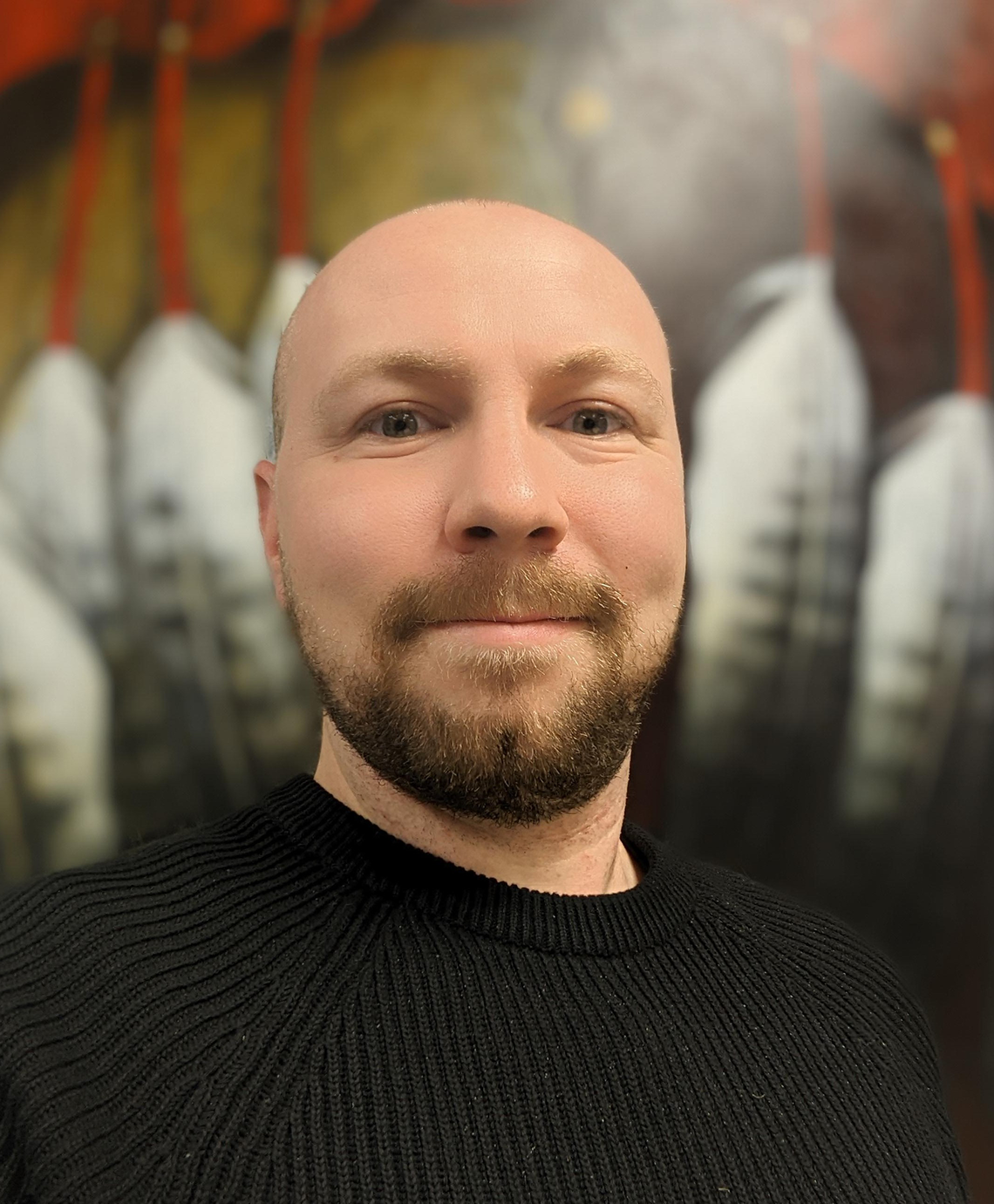Feb. 2, 2022
Congratulations to Lucas Hale

The award is for the best student paper that advances understanding, awareness of and respect for Indigenous knowledges, realities, perspec-tives, experiences, and cultures from around the world. Open to all stu-dents in a 400 or 500-level course in International Indigenous Studies (outstanding work at other levels may be considered)
Lucas Hale’s paper was written for INDG 399.16 Animal-Human Relations and nominated by Dr. Adela Kincaid
Dr. Kincaid, can you tell us a bit about the course and what made Lucas’ paper standout?
The Indigenous Studies animal-human relationships course is designed to focus on Elder and Knowledge Keeper teachings as well as scholarly work primarily from Indigenous scholars. Animals are considered in more-than-human person roles as healers, teachers, messengers, guides, providers, helpers, and protectors. Lucas Hale provided a unique and detailed perspective on animal-human relationship through a book proposal assignment and presented an Indigenous relational perspective that was holistic and interconnected. The book proposal that Lucas contributed adds to further our understanding of human animal studies (HAS) and to animal-human relationships from an Indigenous lens. Congratulations to Lucas and the meaningful contribution made to animal-human relationality.

Lucas, your paper was entitled “Connected by Creation: Exploring a Shared Ethical Space Through Human-Animal Relationships”. What were its main findings or arguments?
My paper was a textbook proposal that would contribute to the Indigenization of the field of Human-Animal studies. It presented various Indigenous perspectives and under-standings of Human-Animal relationships, which challenged western notions of superiority over animals. Through personal conversations with knowledge keepers from my Lenape community, I found that our long-standing relationship with animals began with creation, and is outlined in our oral history. The proposed textbook was organized into four sections based on the holistic teachings of the medicine wheel. These sections delved into the ways in which our connection with animals contributes to our mental, physical, spiritual, and emotional well-being, and how we may reciprocate the same benefits to our animal kin.
Any tips on writing an excellent paper?
For this paper, it was particularly important to utilize Indigenous methods and sources of knowledge. This meant looking to Indigenous Elders, Knowledge Keepers, oral histories, songs, and ceremony, as well as Indigenous scholars to gain a holistic understanding. As an Indigenous student, I believe that it is so important to be able to apply Indigenous knowledge to my coursework and use assignments like this as an opportunity to learn more about my own culture.
Can you tell us what’s next for you?
As of now, I have completed all requirements for my undergraduate degree and will soon be graduating with a Bachelor of Arts degree in International Indigenous studies, with a minor in Visual studies & Art History. I am also thrilled to have recently taken the position of Administrative Coordinator at the Writing Symbols Lodge here at UCalgary.
Congratulations to Lucas Hale on your 2020–21 International Indigenous Studies Best Paper Prize!
Please visit the Political Science website to find out more about our paper prizes and past prize winners!
